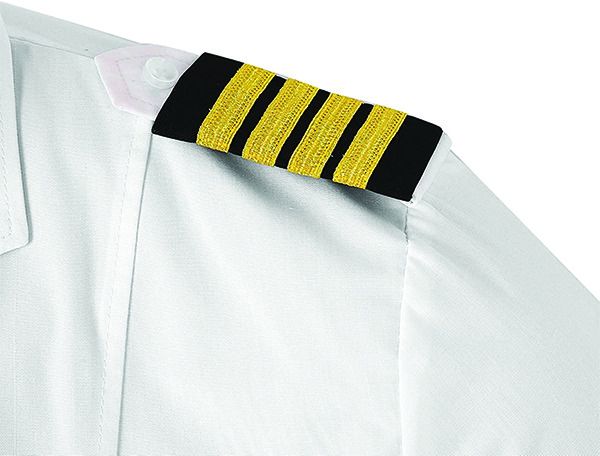Mike Berry’s article comparing commercial aviation to general aviation (“As the Pro Flies?” January 2022) hits on many important points. I have studied general aviation’s safety record for many years, writing a master’s thesis on comparing these two aviation fields and trying to change this perplexing problem. I have not seen an appreciable change in the number of GA accidents or fatality rates in decades.
Your article investigates how the GA pilot and the whole industry could possibly become safer. The commercial carriers that you and I have flown for were forced to make a commitment to safer air travel. These changes were initiated by an outcry from the traveling public and congressional initiatives, and the carriers themselves. This level of pressure is just not existent in the GA community. We witnessed the safety programs develop, such as FOQA, CRM and many others, resulting in a wholly new attitude toward flying. General aviation will not be able to achieve these goals easily, if at all!
We can identify the problems but understanding what to do about them is more difficult. The remedies can create larger problems and are probably not to be achieved within GA. How can changes be accomplished?
Take professionalism itself, for example. Some of the crashes we see are committed by pilots who are professionals in their chosen career fields, yet that trait doesn’t seem to carry over into aviating. Lack of attention to details catches many pilots—flying VFR onto IMC, engine failure after takeoff, taking off overweight or out of balance, running the tanks dry…the list goes on.
Training is another area, and the problematic GA pilot does not believe they need more training. The cost of the “six-month check” and fear of possibly failing a checkride, does not lend itself to continual training. I know of GA pilots who do not carry insurance on their aircraft because it’s “too expensive.”
I believe pilot attitudes are a leading contributor to GA accidents. There is a mystique among non-pilots that a person who has a pilot’s license must be very good at it. In turn, pilots internalize this attitude and believe that they are “better than they actually are.” This is a false impression and a false sense of security that the GA pilot clings to and ultimately gets them in trouble. I have often seen pilots in GA exclaim and take pride in the statement, “I just get in and go,” as if they are too good to plan out their flights.
This human factor is very serious and dangerous!
Professional aviators will attest to the facts of the amount of training, planning, the high level of experience and a second or third opinion are what makes commercial and corporate aviation so safe! Professional pilots do not act as if they are the “best pilots,” and this is one of the things missing in general aviation.
To fix all this is another matter. Just as the airlines made the commitment to provide safe air travel, so can the GA community. We can start with communication within the GA community about training programs and accident analysis, so well-meaning aviators can learn from the mistakes suffered by other pilots.
We also can develop mentoring groups: more-experienced pilots willing to look over other less-experienced pilots’ flight planning with the freedom to correct or advise of situations where a pilot might be getting into dangerous flight conditions. They also can offer a second opinion, as used in professional flight departments.
The FAA needs to spend more of their time regulating and less time promoting aviation. The FAA’s inspectors spend a great deal of their time in the office filling out forms and filing them. They should be out on the airports, checking and questioning the GA community about their licenses and abilities, weight and balance, etc. The inspectors need to have the powers to police, stop flights that are not legal or perceived to be unsafe, write tickets and offer assistance. These program ideas mimic what helped make commercial flight as safe as it is today.
Will Rondeau – Mt. Juliet, Tenn.




